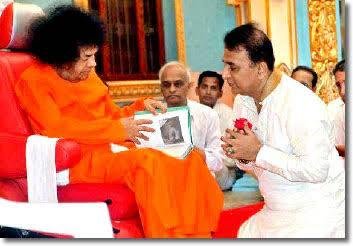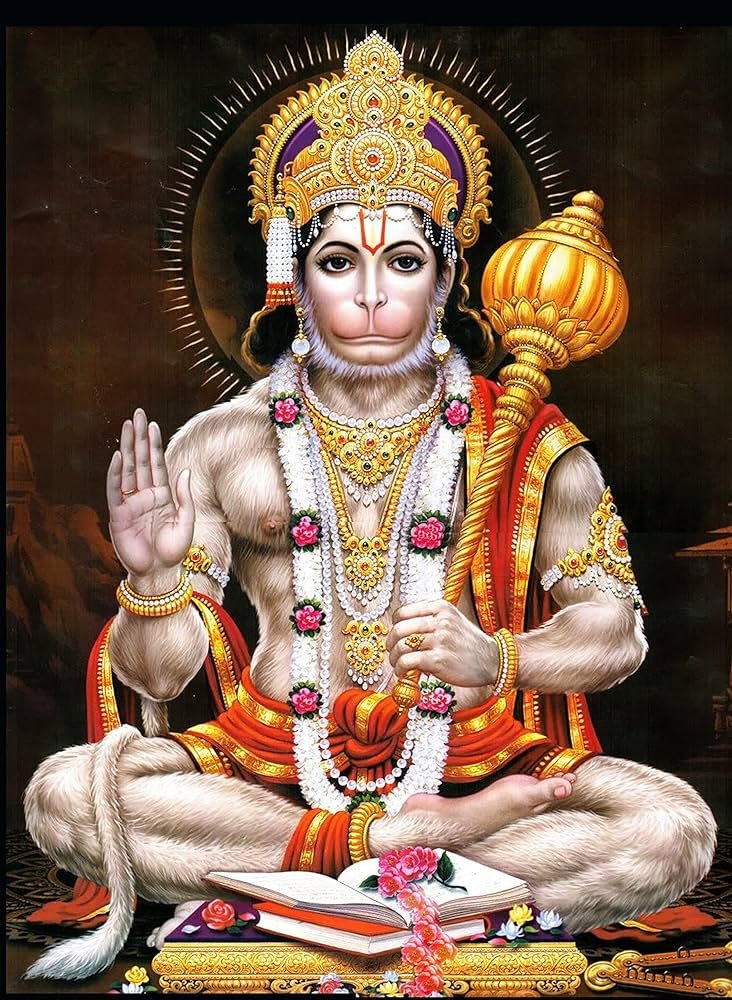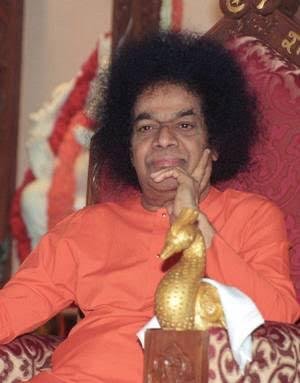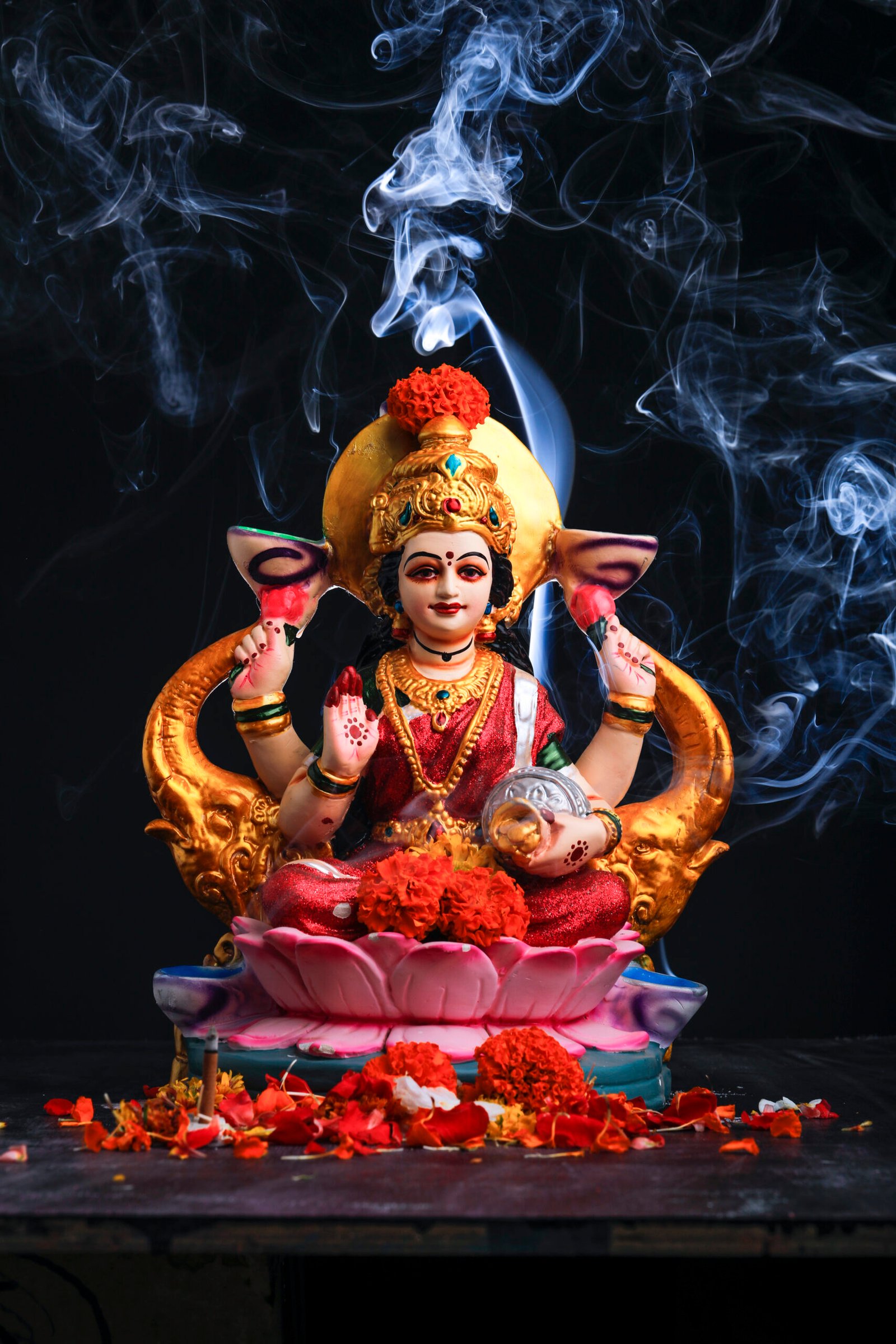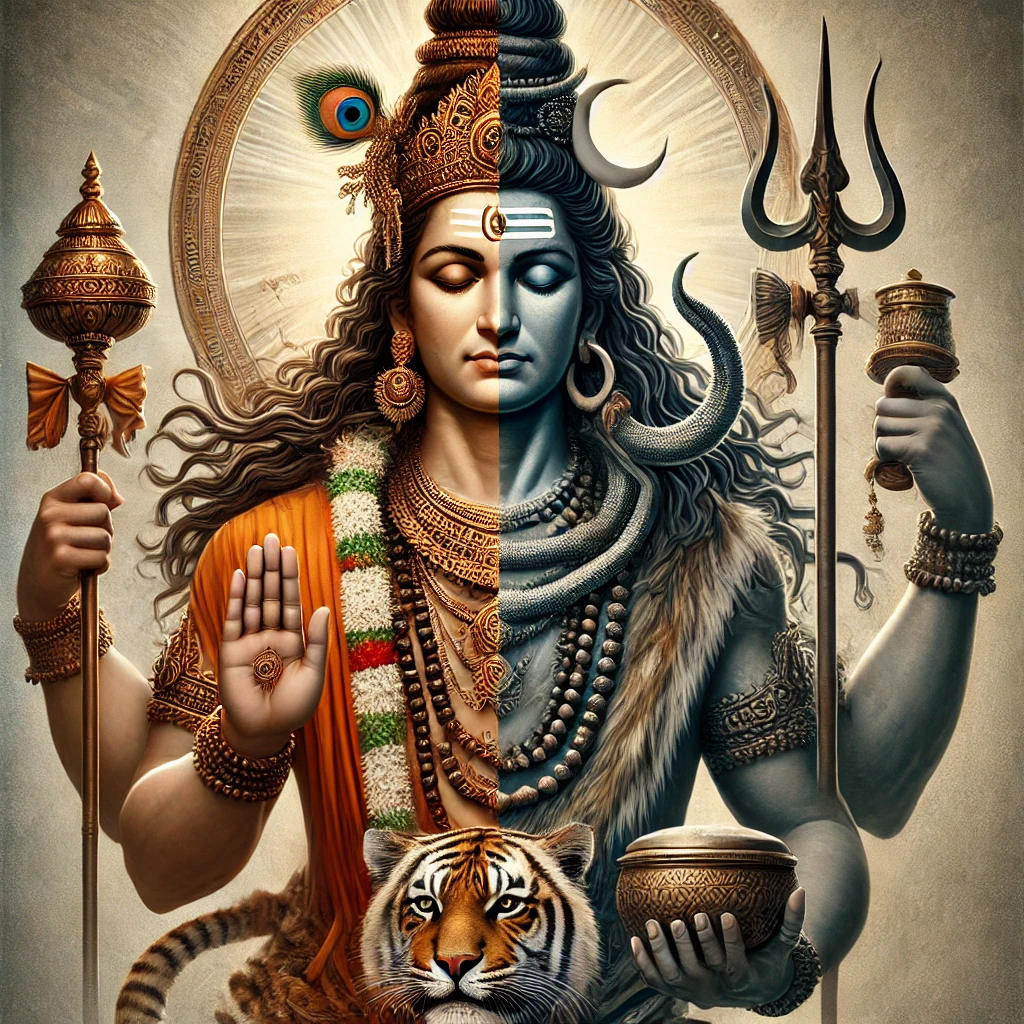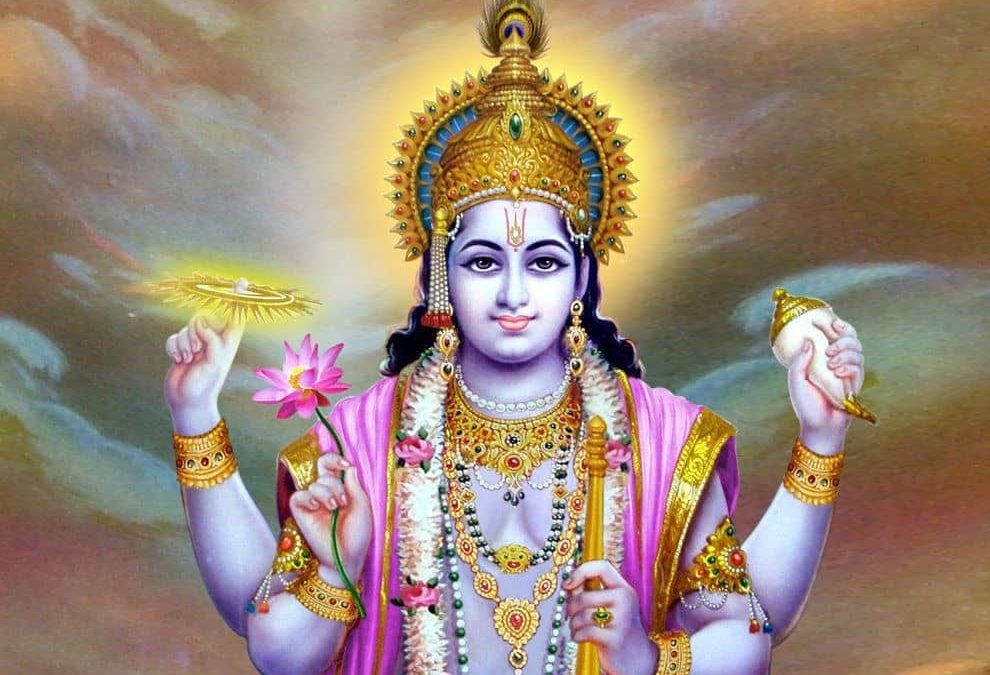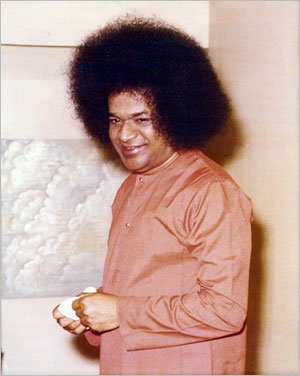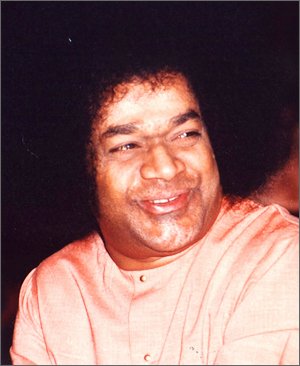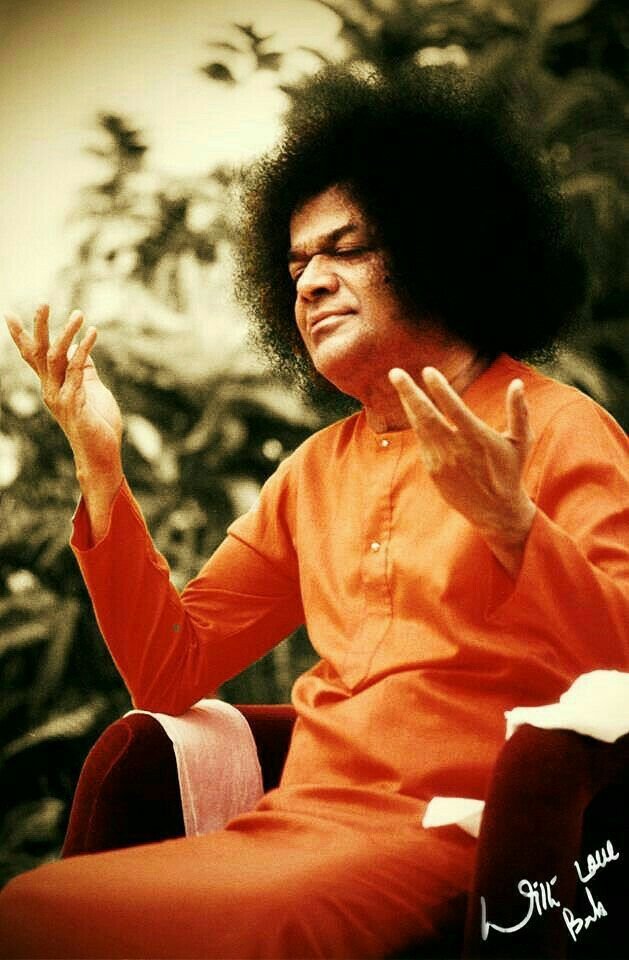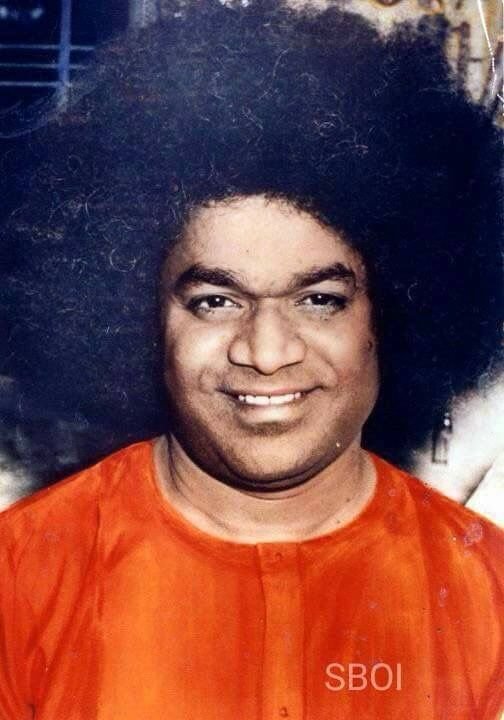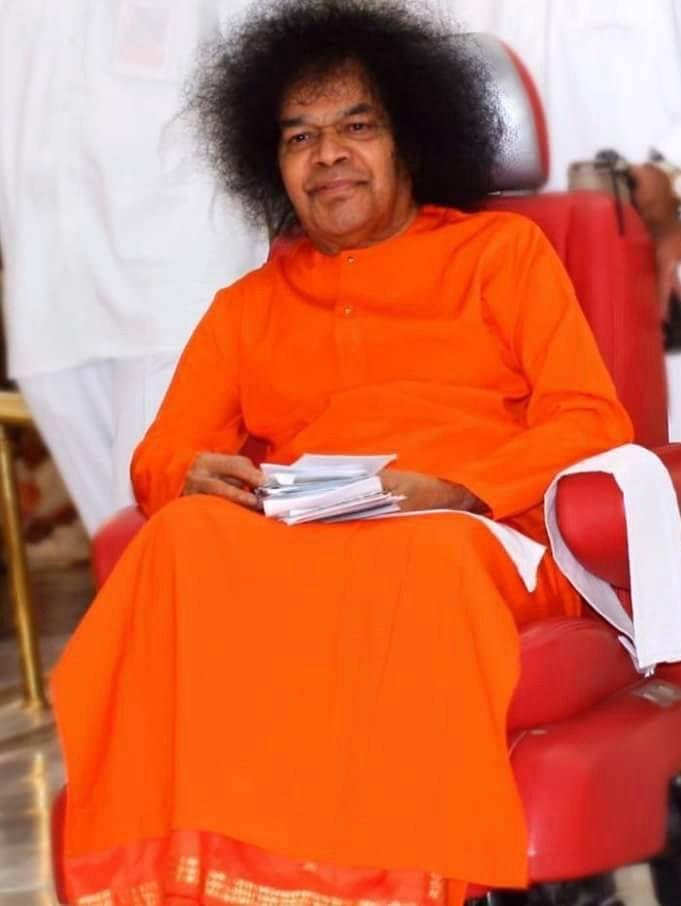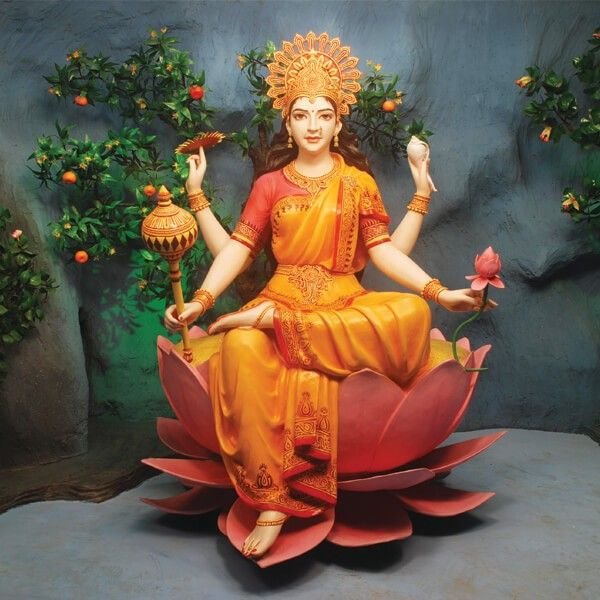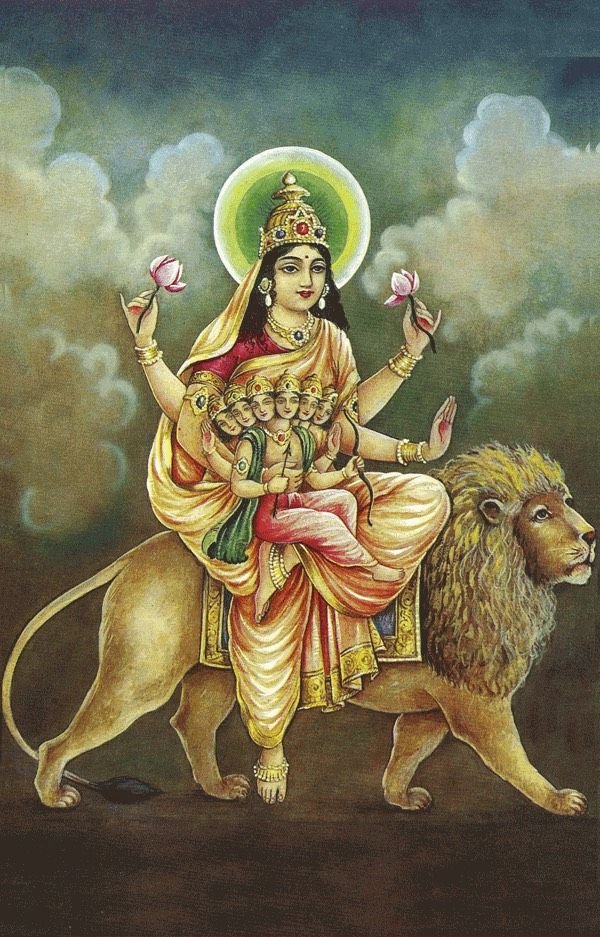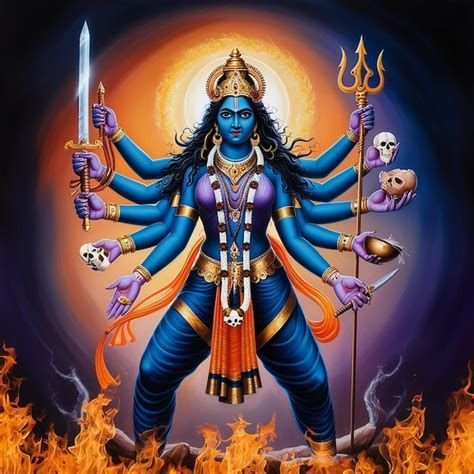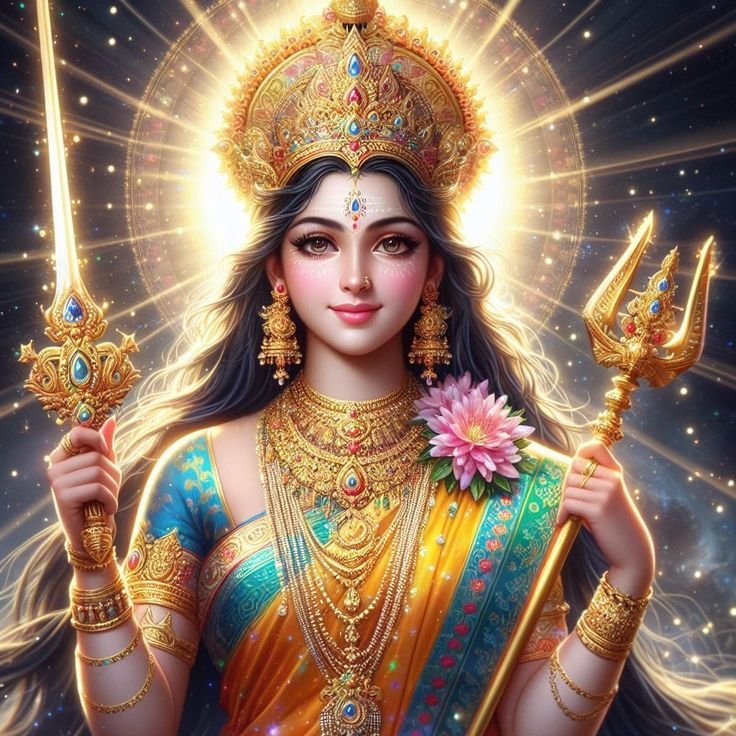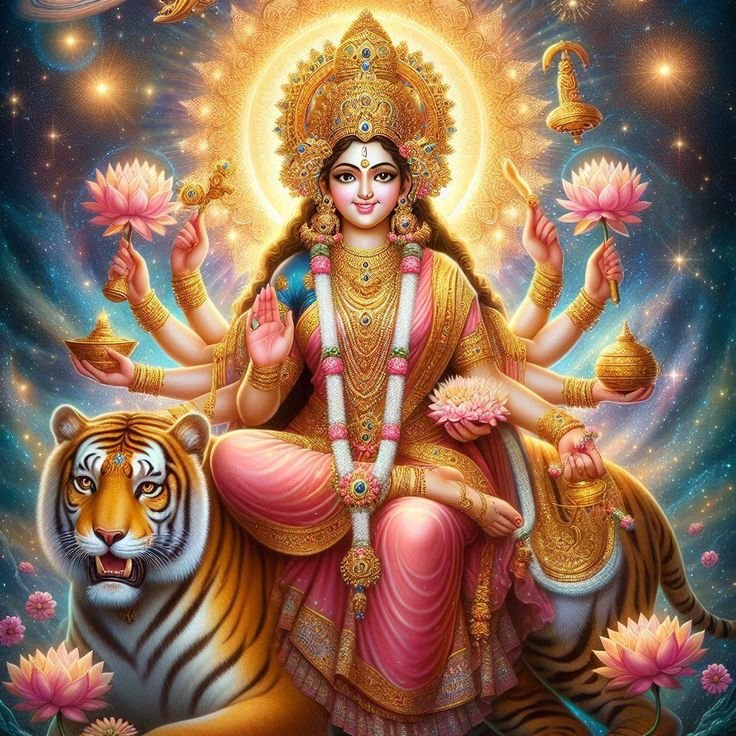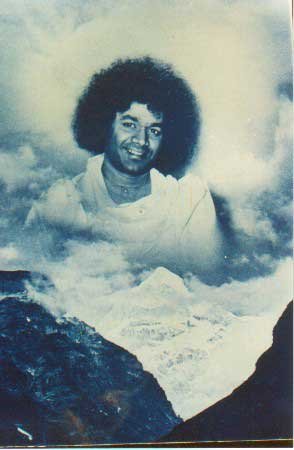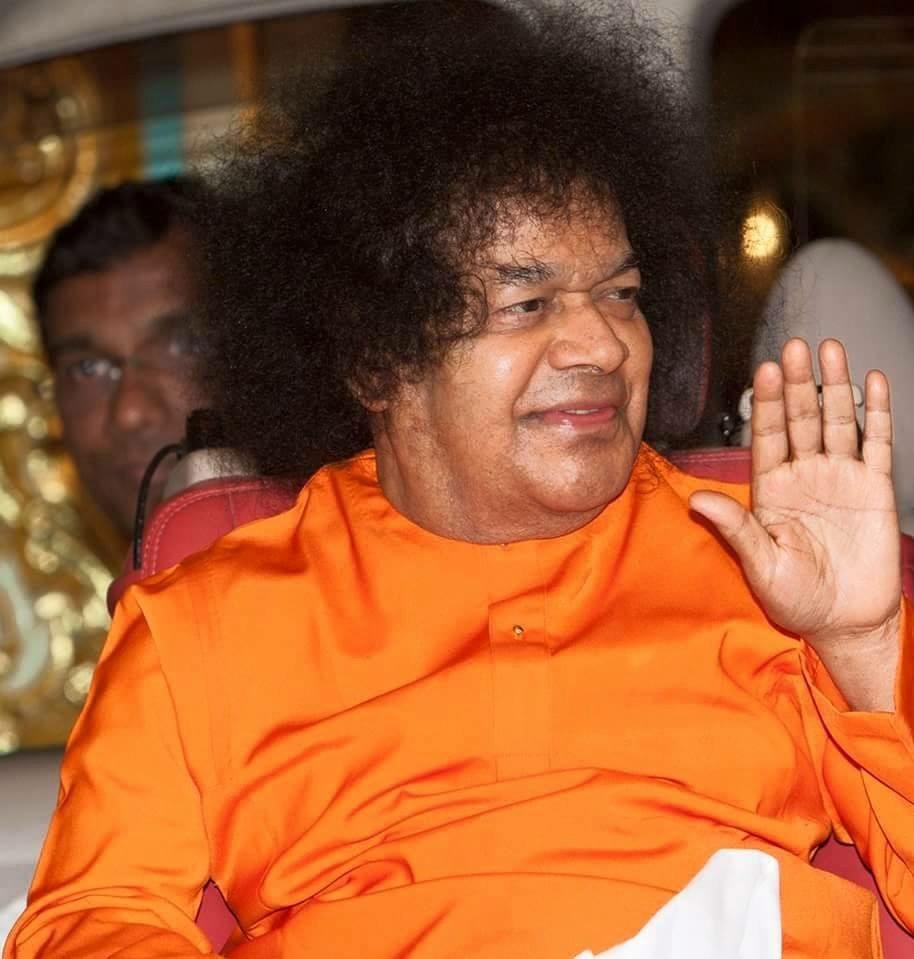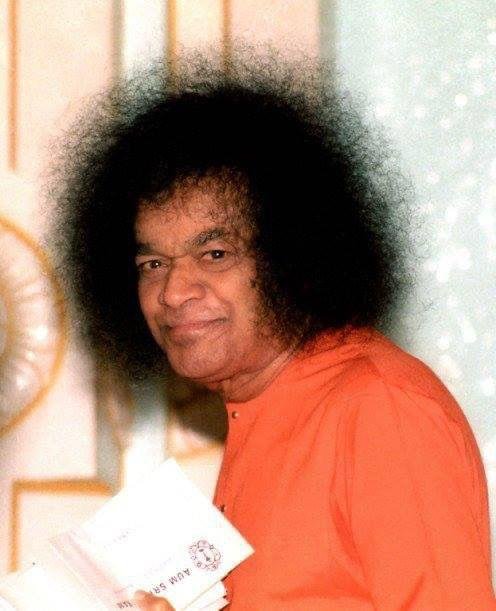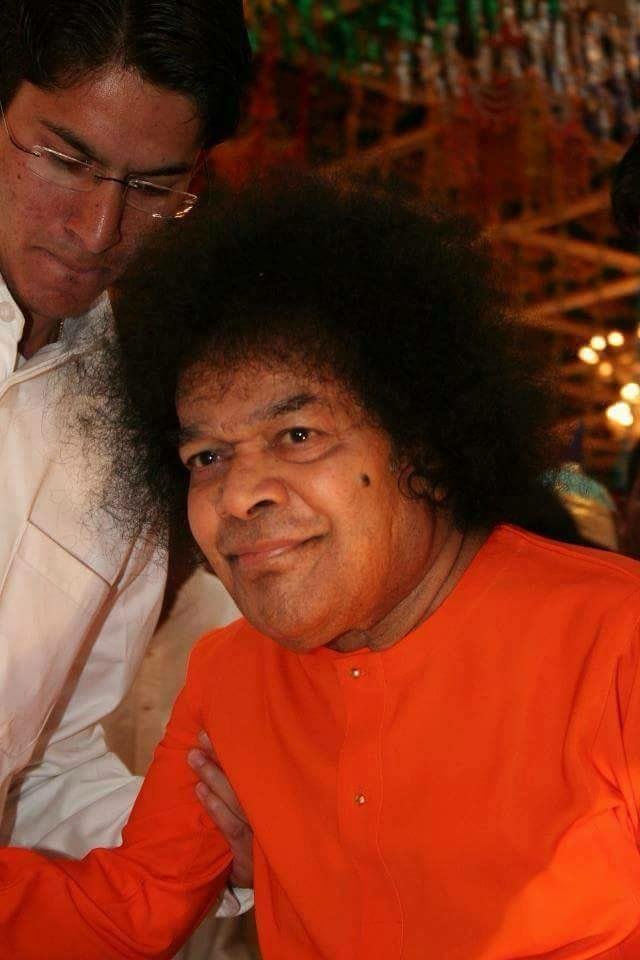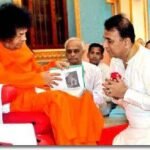CONVERSATIONS WITH SAI Satyopanishad
Satyopanishad – Part Nineteen
Direct Directions from the Divine
Chapter 6: Parallels and Polarities
Prof. Anil Kumar: Out of the two, faith and love, which precedes the other? Is it true that we love if only we have faith, or is it the other way round? Kindly tell us about it.
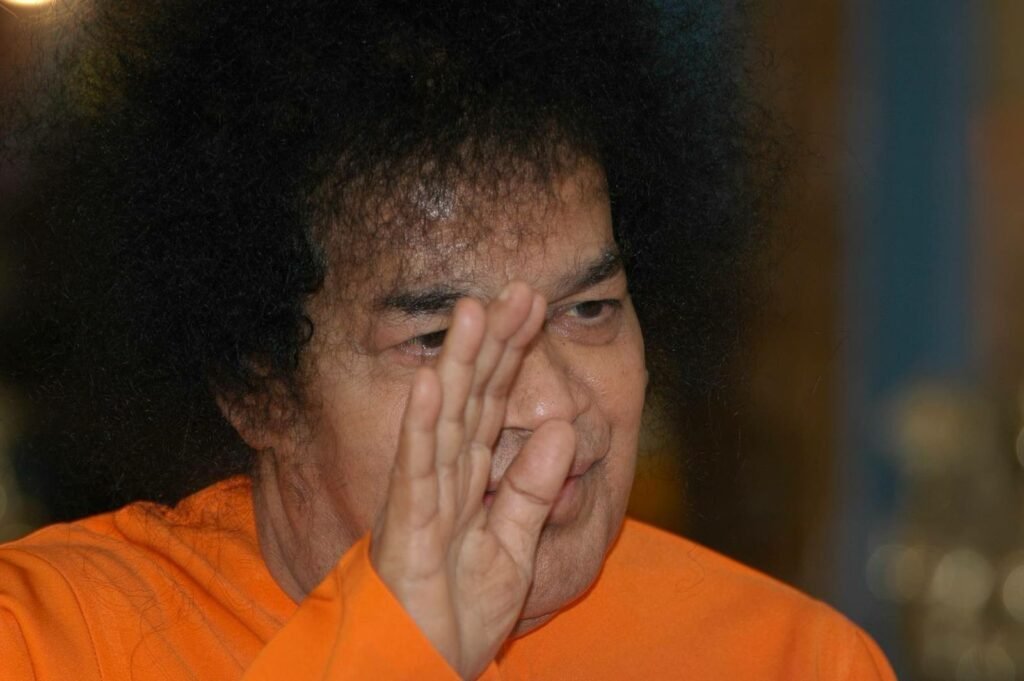
Bhagavan:┬ĀYou should definitely have faith first in order to love. Do not doubt this. Unless you have full faith that so and so is your father, mother, son, wife or husband, you will not be able to love any one of them. If you have no faith, and if you are not sure of the dear ones how can you love them? Is it possible for you to love the one you doubt? So, faith comes first and love next.
Prof. Anil Kumar: Swami! We meet many persons who say that they can believe only after going through an intimation of divinity; that is they can develop faith only after they experience. But, many also feel that only strong faith gives us that experience. So, which of the two precedes the other? Please tell us, Swami.
You cannot learn it on tar roads or cement roads. You can learn it only in water. Here water is faith and the art of swimming is experience. So, faith precedes experience.
| Faith, which comes first, gives you experience. You must have unwavering faith in order to experience. Faith is the foundation. |
Prof. Anil Kumar: Swami! Is it proper to say that ‘I am in God’? Or should I say that ‘God is in me’? Which of the two is appropriate?
Bhagavan:┬ĀOur scripture says,┬Āsarvam vishnu mayam jagat, God is all pervasive. He encompasses the entire Universe.┬ĀVasudevas sarvamiti,┬Āisavasyam idam sarvam┬Āare our scriptural dicta. They make it very clear that the entire cosmos is in Him.
It is correct to say that you are in God. It is not correct to say that God is in you. Of course, when the whole universe is in Him, naturally you are in Him. How? A small example: You are holding in your hand a rose flower. It means that the rose flower is small and you are big. Since God is infinite, the world is in Him. But, if you put it in the reverse order by saying that God is in you, you become bigger than God. This is not a proper feeling. You are a spark of that divine.┬Āmamaivamso┬Ā jivaloke jivabhutah sanatanah, says the Gita.
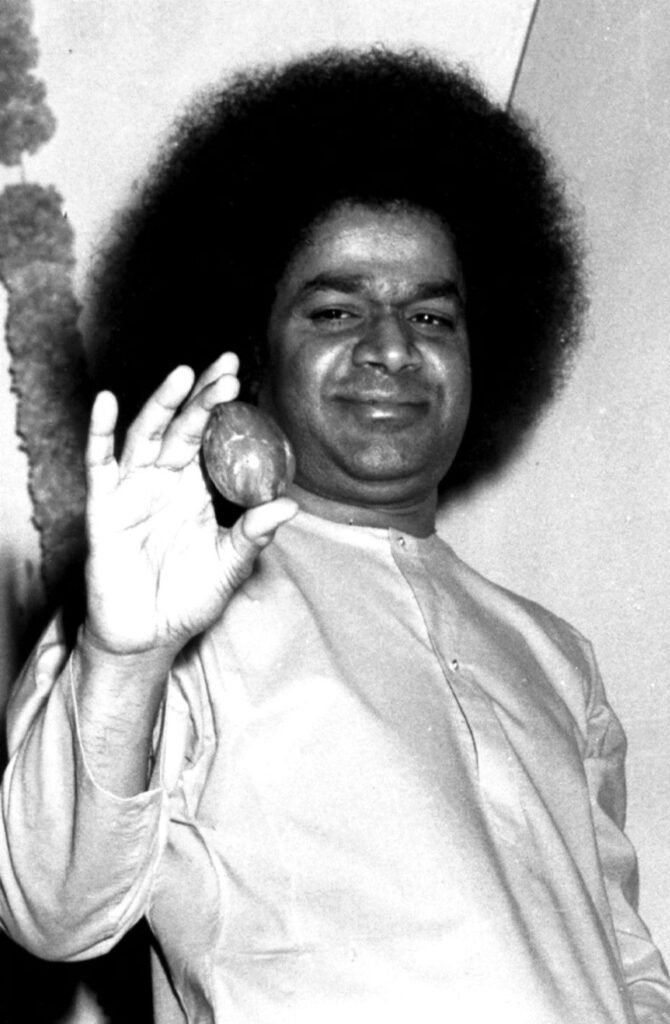
Prof. Anil Kumar: Swami! How is it possible not to be attached to the family and to rise above the feeling of ‘mine’ and ‘thine’?
Bhagavan:┬ĀA small example here. A rich man who resides in a big bungalow has an Alsatian dog. This dog is always vigilant and will not permit anyone to enter the house. Now what can be done to get into that house? You are left with two ways. Either you should tame the dog and get in or call for the rich man to escort you. Otherwise, the dog will not permit you to move forward even an inch.
Similarly, to pass through the main gate of attachment, you have to tame possessiveness, like a dog. This is┬Ākarma marga, the path of action. Alternatively, you can call for the help of God and get in. This is┬Ābhakti marga, the path of devotion. Hence,┬Ākarma, selfless action and┬Ābhakti, devotion, are the two alternatives for developing detachment and giving up possessive instincts
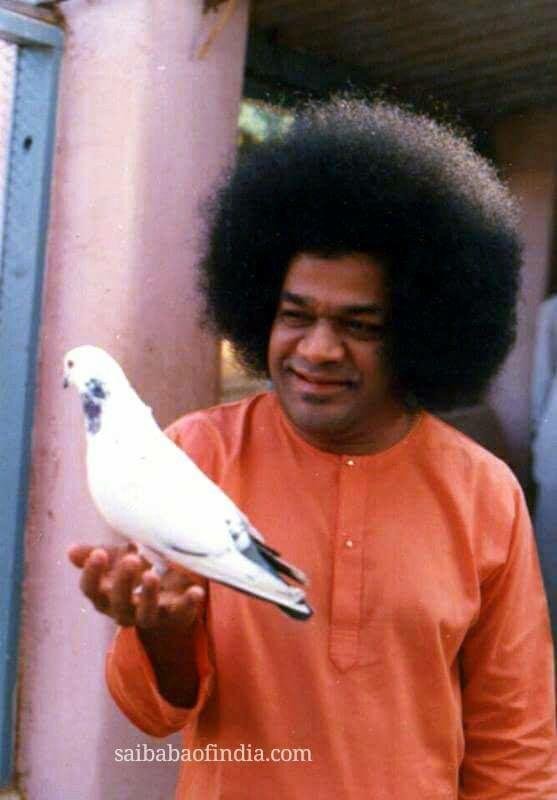
Prof. Anil Kumar: Swami! We come across certain terms used in philosophy and get very much confused. For instance, ‘conscience’ and ‘consciousness’. Are they not synonyms? If not, what is the difference between the two? Scholars, when consulted, add to the confusion. I am at a loss to know what these two terms ‘conscienceŌĆÖ and ŌĆśconsciousness’ mean.
Bhagavan:┬ĀThere is difference between the two. They are not definitely synonyms. You should know here three terms: ‘subconsciousŌĆÖ, ŌĆśconscienceŌĆÖ, and ŌĆśconsciousness’. That which works below the senses is the subconscious. But, ‘conscience’ is above the senses. ‘Consciousness’ is all pervasive.
A small example: You have air all around. You fill a balloon with air. It gets inflated. Now, there is air in the balloon and also outside it. If you pump in more air into the balloon it bursts with the result that the air in the balloon gets merged with the air around. You can equate the air within the balloon with subconscious and the air all around with conscience.
The divinity within the individual is conscience while divinity in everyone, which is all pervasive, collective, and universal is consciousness. Spirituality refers to many subtle things. You must understand them very carefully.
Bhagavan:┬ĀIt is impossible for an egotistic person to know and experience God. This is very certain. Just as water flows always downwards, so also a proud man is sure to fall. You may say that you love God. But, God also must acknowledge your love. Should He not? Suppose you send a registered letter to your friend, should you not get the acknowledgement? Similarly, God also should be touched and moved by your devotion to Him in order to respond to your love. This will never happen so long as there is ego in you.
One day Krishna and Arjuna noticed a Brahmin who was holding a sword and eating a dry blade of grass. They were very surprised to see such a peculiar Brahmin. Slowly, they approached him and softly asked him why he was carrying a sword as he was a Brahmin. The Brahmin said, “I am in search of four persons, whom I have decided to kill”. Krishna asked, ŌĆ£Who are they?” In reply, the Brahmin said, ŌĆ£The first person I want to kill is Narada, the celestial singer. He sings continuously the glory of Narayana all the time and everywhere he moves making Narayana, my God, restless. So, I must kill him.
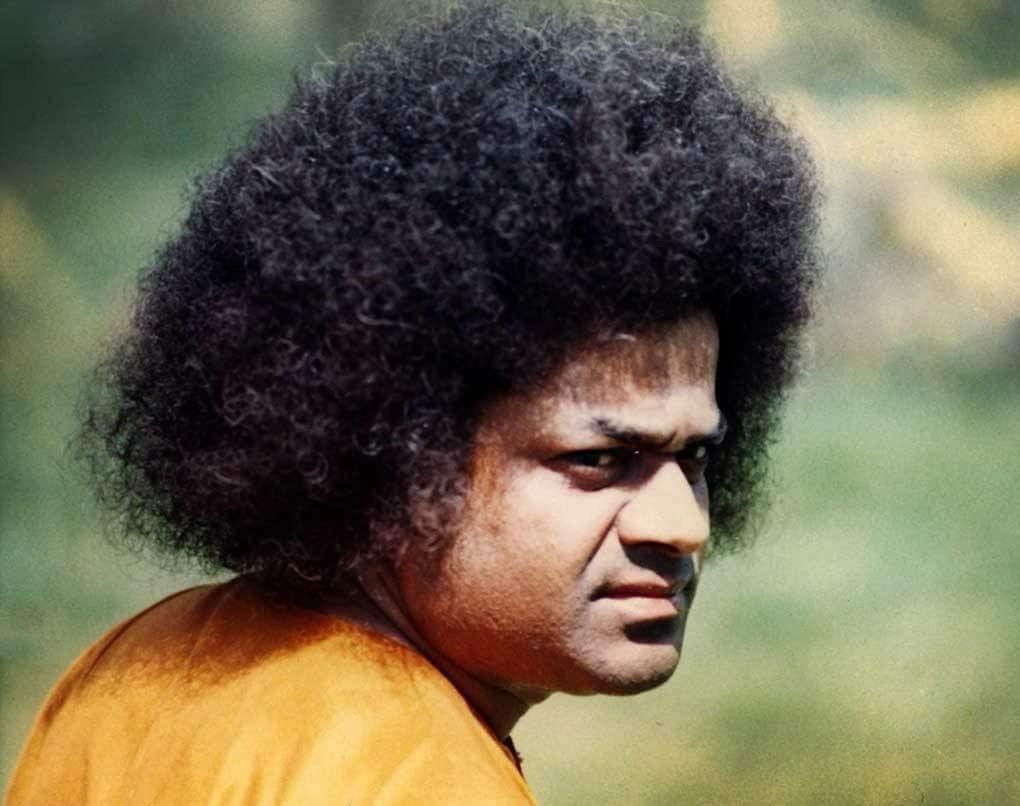
ŌĆ£The second person I am going to kill is that boy Prahlada. His father put him to suffering of all kinds. My Lord had to rush every time to save him. When Prahlada was given poison, my Lord had to be there in the poison to save him. When he was thrown from the mountaintop, my God had to stretch His hands to hold and save him. When he was thrown into the sea, my Lord had to rescue him.
When he was thrown into the fire, my Lord had to be there too in the fire to save him. He was trampled under the feet of an elephant and Narayana had to be there for his protection. Every time he prayed to God, He, out of compassion, responded to his prayers. In a way, Prahlada made my God constantly wait to save him so that nothing untoward might happen to him at any time. So I plan to kill him.
| Intuition is beyond both mind and intellect; it is direct perception of truth and hence it stands for conviction. |
ŌĆ£The third person in my hit list is Draupadi. She prayed to my Lord Krishna as the only refuge of the forlorn when she was being disrobed in the open court by Dussasana. My God Krishna had to rush to help her out of a most humiliating situation leaving all His consorts behind Him and without saying anything to anyone. And last but not the least, the person whom I want to kill is Arjuna, He made my Lord his charioteer during the Kurukshetra war and gave Him a great deal of trouble.ŌĆØ
Arjuna standing by the side of Krishna heard the entire conversation. He bent his head in full recognition of the Brahmin’s devotion to God, a kind of devotion which excelled even his own.
Prof. Anil Kumar: Swami! How can we differentiate thought from intuition?
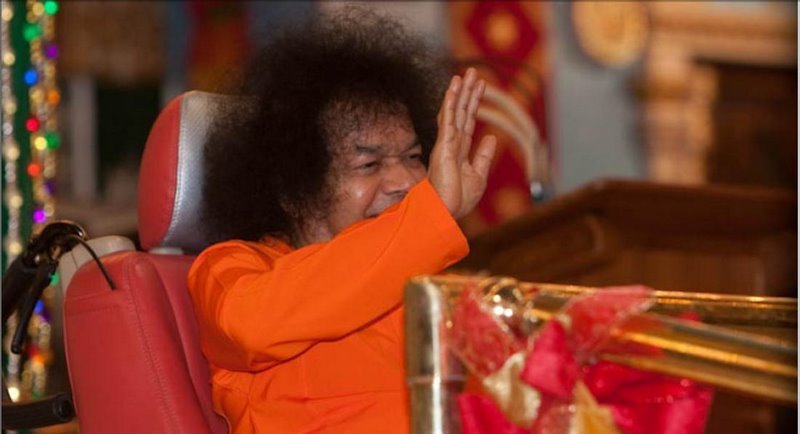
Bhagavan:┬ĀThought is the outcome of the mind, and hence it is dual while intuition is non-dual. A thought may arise according to your convenience. But, intuition is beyond both mind and intellect; it is the direct perception of truth and hence it stands for conviction. So, intuition is said to be┬Ābuddhi┬Āwhich is transcendental,┬Ābuddhi grahyamati indriyam.
A thought may be right or wrong, but the prompting of an intuition is nothing but truth. Thoughts are mostly of a sensual and worldly nature. But, intuition is the inner voice or the voice of conscience and is divine.
Samatva, equanimity, is to be achieved at the individual level, while samanatva, equality, applies to a society. Equanimity has to be achieved by everyone. It is the state of mind unruffled by ‘bumps and jumps’ in life, not tossed about by defeats and failures. A state of mind that remains the same in the time of both fortune and misfortune is said to be equanimous.
Samatva,┬Āequanimity, is to be achieved at the individual level, while┬Āsamanatva, equality, applies to a society. It is impossible to realise and establish┬Āsamatva┬Āanywhere and at any time. Your body is not equal to it. It has ups and downs. While your nose and stomach project outwards, your neck dips downwards. Are you like a pillar? Then, how about the earth? Is it level? No. It is full of ups and downs with mountains, valleys, hills, oceans, etc. Isn’t it? Are all of you of the same height, weight and complexion? Are your ideas, aspirations, ambitions equal? No. Where is equality then?
A small illustration: One person has seven acres of land. Another person has five acres. Supposing you divide the land equally between them, the first person loses one acre and naturally feels sad, while the other person gains one more acre and feels happy. The feelings of the two are not the same. Then, where is equality?
A small story to illustrate the same meaning: A certain king went round his kingdom in disguise and noticed the sufferings and difficulties of some of his people. He decided to alleviate their sufferings. He went to a forest and there he prayed to God. God manifested before him and granted him the life span of a hundred years to realise his dream of establishing equality in his kingdom, when all people would be happy and equal.
On hearing this, the queen went and prayed to God. “Oh God! May the people also be granted a hundred year span of life! What is the use if only the king lives for a hundred years?” God granted a hundred years to each one of the people also.
Then a few elders did penance and pleased God who responded to their prayers by granting a hundred years to the queen, Rajyalakshmi. After some time the king returned to his kingdom, and with great difficulty, he could find out his palace because God had made all equal and hence he noticed palaces all over.
This is how the so-called equality operates. But, equanimity is different. It has to be achieved by everyone. It is the state of mind unruffled by ‘bumps and jumps’ in life, not tossed about by defeats and failures. A state of mind that remains the same in the time of both fortune and misfortune is said to be equanimous.
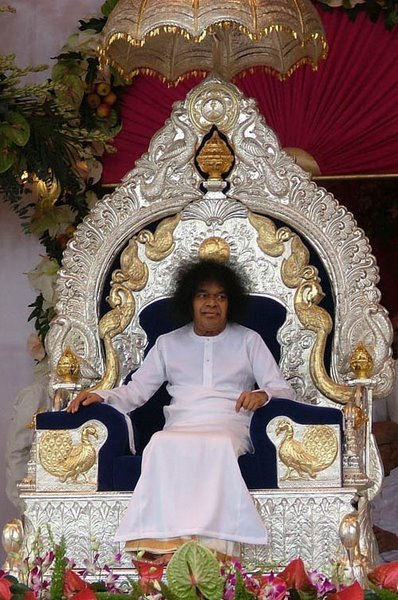
Prof. Anil Kumar: Swami! Excuse me for putting this question. We speak of ‘God’ and ‘demigod’. Are both the same? Please clarify.
Satyopanishad – part Twenty
Direct Directions from the Divine
CHAPTER VII:┬ĀSadhana,┬ĀThe Inner Door
Prof. Anil Kumar:┬ĀSwami! Good company is very essential for everybody. Is it as significant as it is said to be?

Bhagavan:┬ĀUndoubtedly, good company is very important for every one of you.┬ĀIn fact, you should also seek the company of good people. You should run away from bad company. It is the company you join that decides your life. So, it is said, “Tell me your company! I shall tell you what you are!”┬ĀDust when it is in association with the wind goes up, but the same dust in association with water sinks down. Another example for you:┬Āin ten cups of milk if you mix one cup of water, the value of water also will go up. But, on the other hand, in ten cups of water, if you pour one cup of milk, the milk will lose its value. See, this explains clearly the importance of the association or the company you keep.
You also hear in the Mahabharata about Karna, who, in spite of all his excellence in archery, intelligence, and physical prowess, because of his bad company, has come to be known as one among the ‘dustachatustaya’, the four wicked ones. Karna lost all his name and fame because of bad company.
Prof. Anil Kumar:┬ĀSwami! What is your advice to employees, who struggle to make both ends meet and wish to follow Swami?
Bhagavan:┬ĀI have advised you a great many times to keep hands in society and head in the forest. You work well with both your hands. Be very sincere in your work and serve wholeheartedly. At the same time, keep God as your aim and objective. You should keep Him in your mind at all times.
You must have watched the dance programme in our auditorium. The dancer keeps two or three pots one above the other on the head, and moves her head and limbs precisely to the rhythm and the drumbeat. To the surprise of the audience all the while the pots remain exactly one above the other on her head as they were kept just before the dance performance began.
How? The answer is simple. As she dances, she constantly concentrates on the pots over her head so that the balance is never lost.
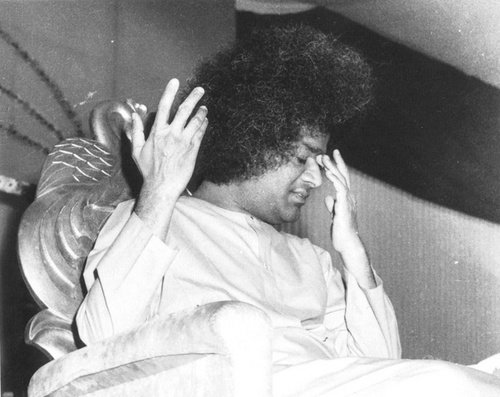
Prof. Anil Kumar:┬ĀSwami! You are unique in explaining both the components of our life, the spiritual and the physical. You alone can do it in this world. It is most necessary that we mix with people, and sometimes even intimately. We have to interact with one another in our daily life. How are we to speak and what is good for us to speak? Kindly tell us about this, Swami!
Bhagavan:┬ĀYou think that worldly life and spiritual life are separate entities. They are not. Spirituality is awareness. It is total knowledge and not pieces or bits of information. You should always talk sweetly and softly. You can please everyone with your fine talk. See, when a crow sits on the wall repeating┬Ākav,┬Ākav┬Āwe chase it away, but when a cuckoo repeats┬Ākuhu,┬Ākuhu, you too start imitating its sweet sound. Both are birds, but where does the difference lie? It is only the sound, you see! Similarly your talk makes all the difference. The crow has not harmed you in the least, nor has the cuckoo rendered any help to you.┬ĀIt is only the sound that pleases or displeases you. You should speak the truth, you should talk pleasingly. You cannot always oblige, but you can speak obligingly.┬ĀIs it not? Your words should never hurt or harm anyone.
| It is only the sound that pleases or displeases you. You should speak the truth, you should talk pleasingly. You cannot always oblige, but you can speak obligingly. |
One day, a hunter was chasing a deer in the forest. A sage who was sitting there saw the deer running fast to escape the hunter. The hunter in his search for the deer, saw the sage and asked him if he had seen a deer passing by. In reply, the sage said, “Oh hunter! The eye that saw the deer passing cannot speak and the tongue that speaks cannot see. What can I say?” So nothing false was spoken.
You must have heard of the great king Harischandra. By just telling one lie, he could have easily got back the kingdom that he had lost. By adhering to truth, his son was brought back to life, and his family reunited. He did not utter a single lie. He stuck only to truth. So, till this day his name is remembered and it has come to stay so long as the sun, the moon and this galaxy remains. He is the very embodiment of truth. So he is called “Satya Harischandra”.
Mataku pranamu satyamu –┬ĀTruth is the life of speech.
kotaku pranamu sainyamu┬Ā– Army is the life of a fort.
Nottuku pranamu cevralu –┬Ā┬ĀSignature is the life of an IOU.
You should not talk too much or excessively. If you do so, society will call you a chatterbox, a loose tongued man.┬ĀAti bhasa mati hani, too much talk turns you mad.┬ĀMitabhasa atihayi, limited talk makes you very happy as you are not likely to tell a lie, criticise, gossip, or talk vainly.
| It is always in the depth of silence that the voice of God is heard. |
Note that it is always in the depth of silence that the voice of God is heard. If anyone greets you with a ‘hello’, respond with a ‘hello’; if anyone says ‘goodbye’, you also reply in the same way, ‘goodbye’. That’s all. You talk only when it is necessary and to the extent it is needed.
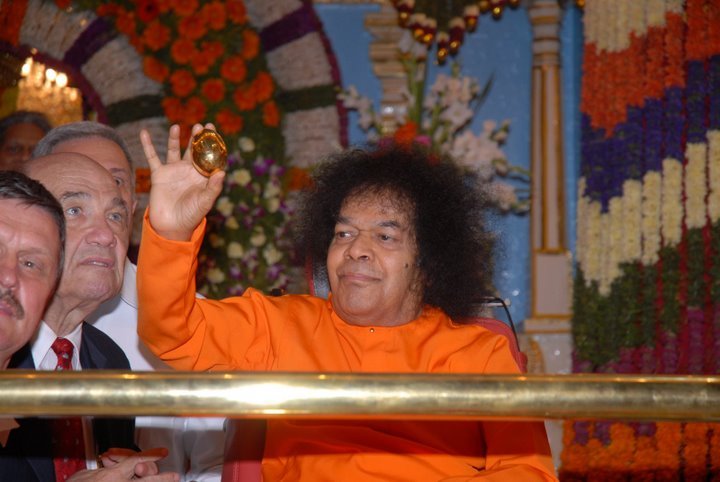
Bhagavan:┬ĀIf everything is done by God Himself, what will be there for you to do? How will you make use of the God-given mind and intellect?┬ĀDon’t you realise that these divine instruments like the mind and the intellect that you are equipped with will be a waste, if God does everything for you?┬ĀThe mother cooks and serves food.
She cannot eat it on behalf of the child! When the child sustains any injury the mother feels sad. But she cannot bandage herself on behalf of the child!


